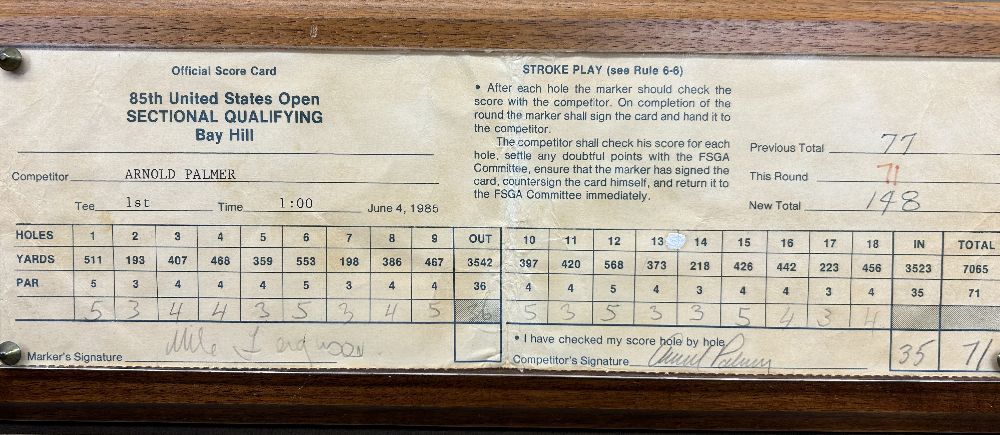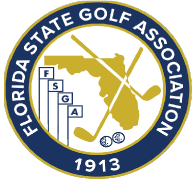Written by: Darin Green, Senior Director of Rules & Competitions
 In stroke play competitions the player’s scorecard is VERY important and the player has several responsibilities. The player is responsible to ensure the marker signed it, that there is a score for every hole, that the score for each hole is correct, the player signed it, and the scorecard is promptly returned to the Committee. The act of signing the scorecard is to certify that the scores are correct. The player is not responsible for any addition of the hole scores, or applying handicaps in a handicap stroke play competition (the Committee is responsible).
In stroke play competitions the player’s scorecard is VERY important and the player has several responsibilities. The player is responsible to ensure the marker signed it, that there is a score for every hole, that the score for each hole is correct, the player signed it, and the scorecard is promptly returned to the Committee. The act of signing the scorecard is to certify that the scores are correct. The player is not responsible for any addition of the hole scores, or applying handicaps in a handicap stroke play competition (the Committee is responsible).
If a player returns a scorecard to the Committee, and leaves the scoring area, and the scorecard is missing a signature, missing a score for a hole, was not returned to the Committee promptly, or a score for hole is lower than what the player actually made, then the player is disqualified. Exception – if a score on a hole is lower than what the player actually made because the player did not include any penalty strokes that the player was unaware he or she earned, the player’s score for that hole should be adjusted if the competition has not closed (meaning the awards have not been handed out).
If a player returns a scorecard to the Committee, and leaves the scoring area, and the scorecard has a score for a hole, or holes, that is higher than what the player actually made, then the higher score(s) stands.
In the second round of The Genesis Invitational at Riviera Country Club Jordan Spieth made a 4 on the par-3 fourth hole. When Spieth finished his round he went into the scoring area with the other players in his group. His assigned marker (one of the other players in the group) signed Spieth’s scorecard and gave it to Spieth. Spieth signed the scorecard and gave it to the Committee; however, the scorecard showed a 3 on the fourth hole rather than 4. After he left the scoring area it became aware to the Committee that his scorecard may be incorrect. The Committee confirmed with Spieth that his scorecard was incorrect and since the score on the fourth hole was lower than what he actually made, Spieth was disqualified.
At competitions of this level, and nearly all formal competitions, a member of the Committee is stationed in the scoring area and once a player returns their scorecard, the Committee member encourages the player to remain in the scoring area until their scorecard is confirmed by the Committee. The Committee member will normally confirm there are two signatures, enter the scores into a computer (or add them up), and read the front nine, back nine, and total score to the player. The act of saying the scores out load sometimes triggers a player into questioning if the scorecard is correct, and since the player is still in the scoring area changes can be made to the scorecard.
See more on Rule 3.3b here.
There is new local rule regarding scorecards that many organizations, including the USGA and FSGA, have adopted for their competitions in 2024. The new local rule is called Model Local Rule L-1 Modification of Penalty Under Rule 3.3b(2) for Missing Player or Marker Certification. Basically, this local rule modifies the penalty of returning a scorecard that is missing signatures from a disqualification penalty to a two stroke penalty on the player's final hole of their round.





